We were looking for a place to break up the long drive north. On iOverlander, a few travelers had mentioned a campsite they liked, so we went.
But from the moment we stepped in, it didn’t feel like any campground I knew. Something about the place felt different—like it had been made for more than just tents and camper vans.
A girl stepped out wearing makeup that looked like it was meant for a performance. It seemed halfway done.
“Is this a campground?” I asked.
“It is also a camping,” she said. “But tonight is a night of circus.”
“A circus?”
Another girl chimed in. “Yeah, you should check it out. It’s going to be great—we’ve got a lot of good stuff coming up!”
I asked my daughter, Mia, if she wanted to stay and see it. She lit up. So we stayed.
What followed wasn’t the kind of circus I grew up with. There were clowns and some acrobatics, but they were different. It was the 8th of March—International Women’s Day—and to celebrate it, there was a gathering of artistas populares, Brazil’s street performers.
In Brazil, street clowns often do more than entertain. They speak truths. Their work holds a mirror to the world.
That night was about women—about keeping the creative fire alive. It was a call for safety, for dignity, for the freedom to live unboxed. As a father to a daughter, it struck deep. And it hurt, too. We’re still far from a world where women can simply exist, anywhere, without fear.
There was juggling, hula hooping, dance, fire. One young woman performed a piece that blended poetry and movement, telling what it’s like to navigate life as an Indigenous woman from a favela.
The acts weren’t polished, but they had weight. The kind that lands in your chest. The message was clear.
I took a few photos. Carnival had drained me, and I hadn’t planned on shooting. But I couldn’t help myself.
Later, I talked with some of the performers and told them how much I appreciated it.
The owner of the campground—the man behind the event—came over. His name was Douglas and he was part of Circo do Asfalto, a family-run troupe.
“Come for beers,” he said.
“I don’t drink.”
“Come anyway,” he smiled. “Just to chat.”
And if you know me, you know—chatting is half the point. Listening, really listening. Catching a glimpse of another life.
Most of the people I met weren’t part of the core troupe. A few were traveling artists heading north from the south of Brazil. One girl was juggling university studies on the road. Others were locals rooted in the street performance scenes of Recife and Olinda. Each had a story.
I spoke longest with Douglas. He’d spent two years crossing South America in a camper van with his family, performing along the way. He shared stories, offered tips for the road ahead. I shared some of mine too. I talked with a few more artists. At some point, I realized it was 2 a.m.
And I remembered why I do this work. The photography, yes—but more than that. The encounters. The unexpected crossings. The glimpse behind the curtain.
Some of these performers came from favelas, from lives far from mine. Different struggles, different fears. But I believe this: the more we talk to people unlike ourselves, the more whole we become. Empathy starts there. If you understand someone, you’re less likely to harm them. Distance breeds conflict. Proximity breeds care.
That night stayed with me. It reminded me why I’m on the road. Why I carry the camera. We laughed with some of the performers, joked that even when I’m not chasing Brazil’s folk art—Maracatu and all the rest—it keeps chasing me.
Maybe it’s wishful thinking. But I believe it. When you move with intention, the world responds. It lays the trail, one step at a time.

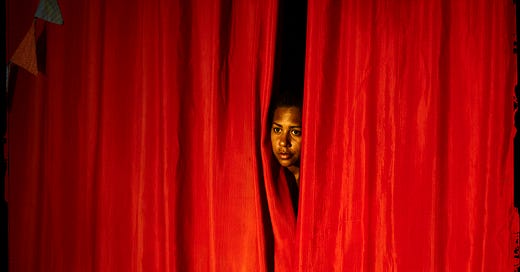


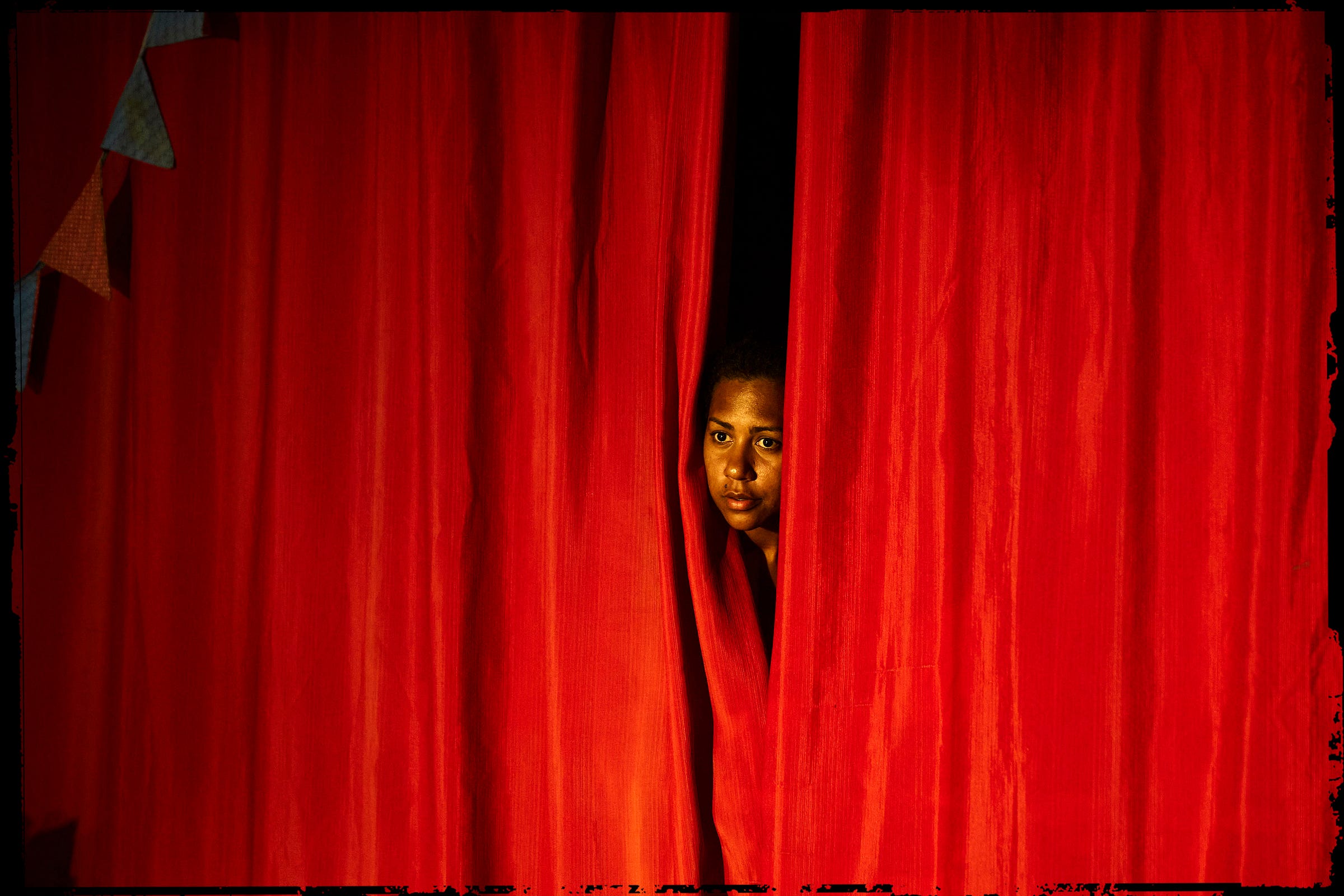
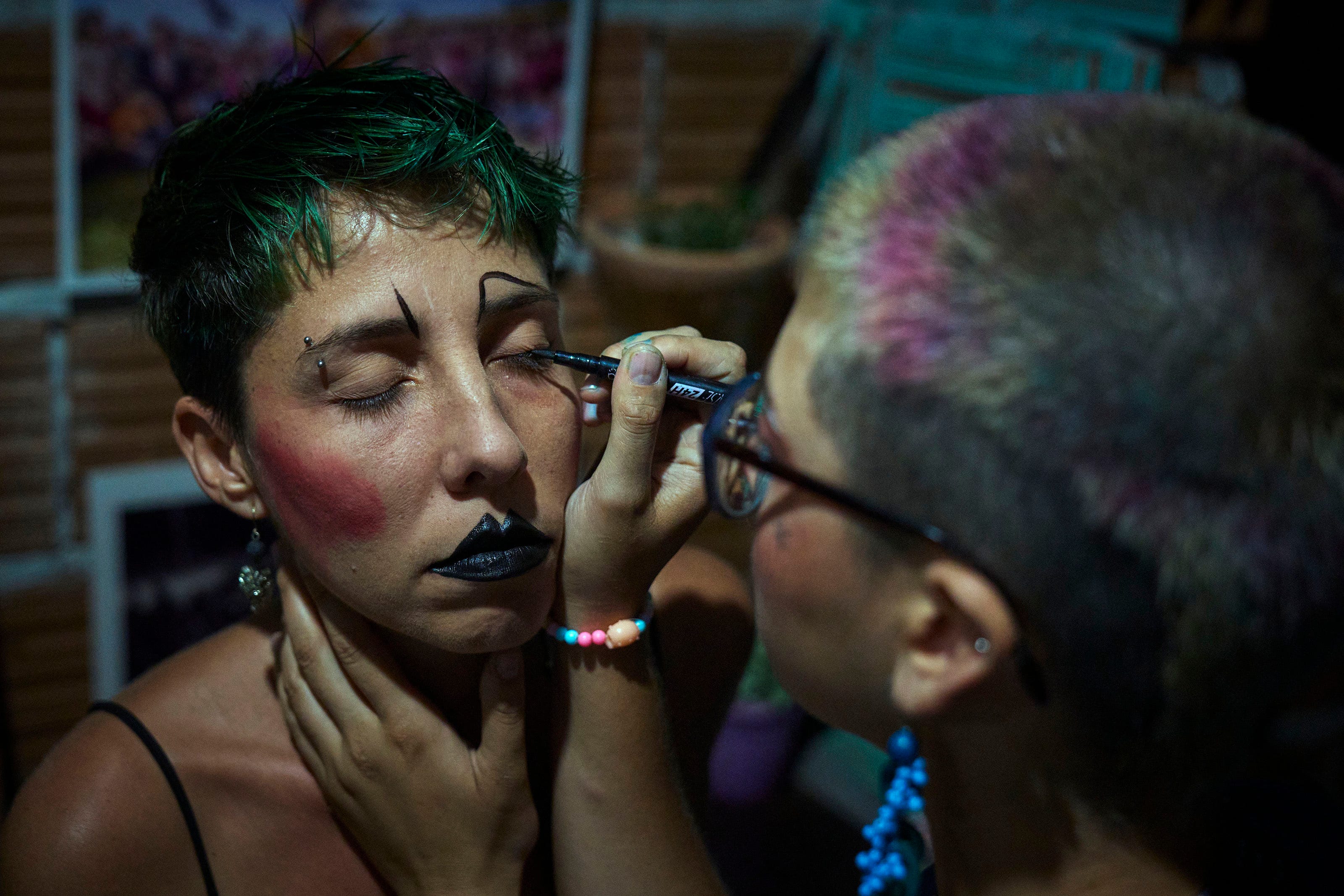
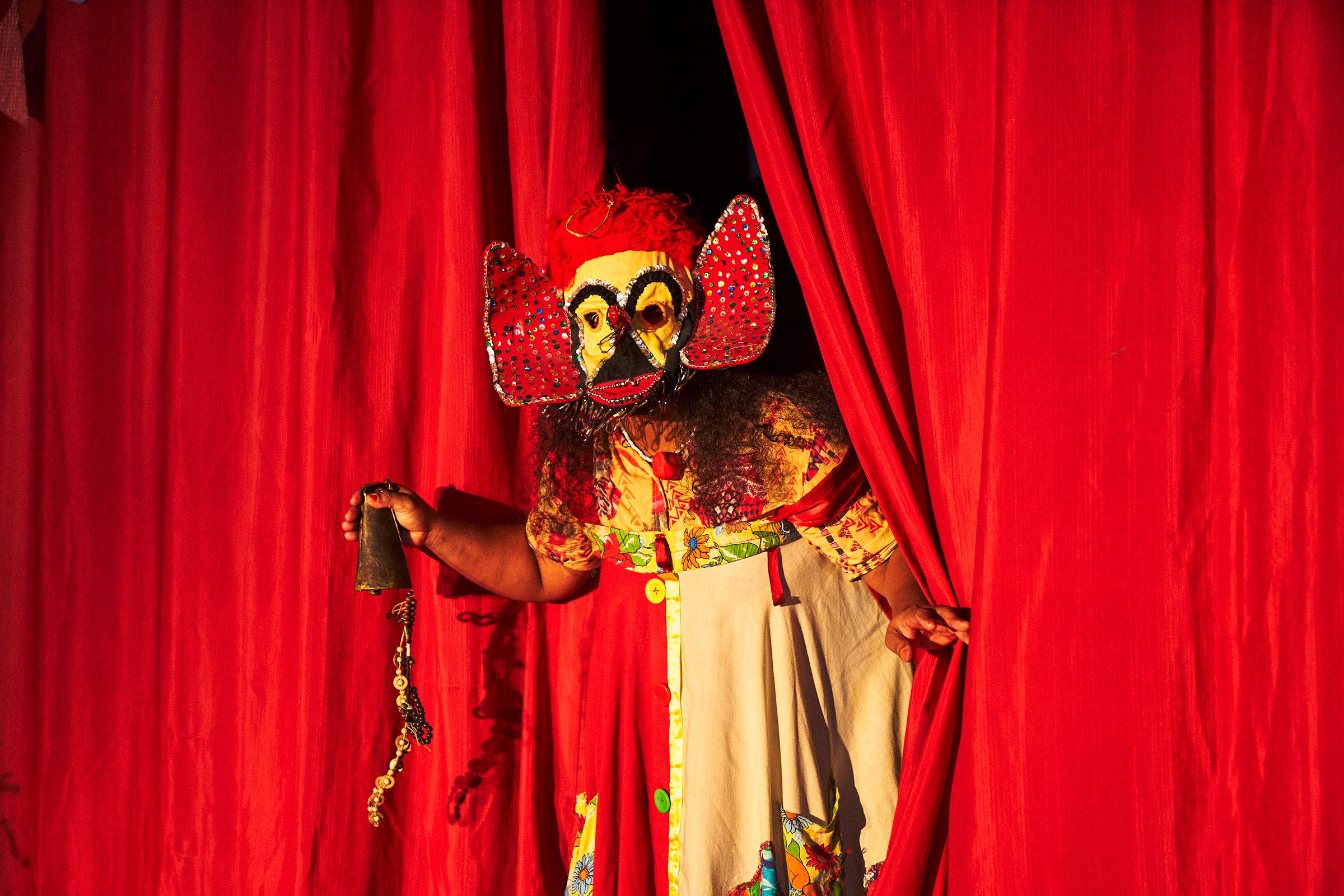
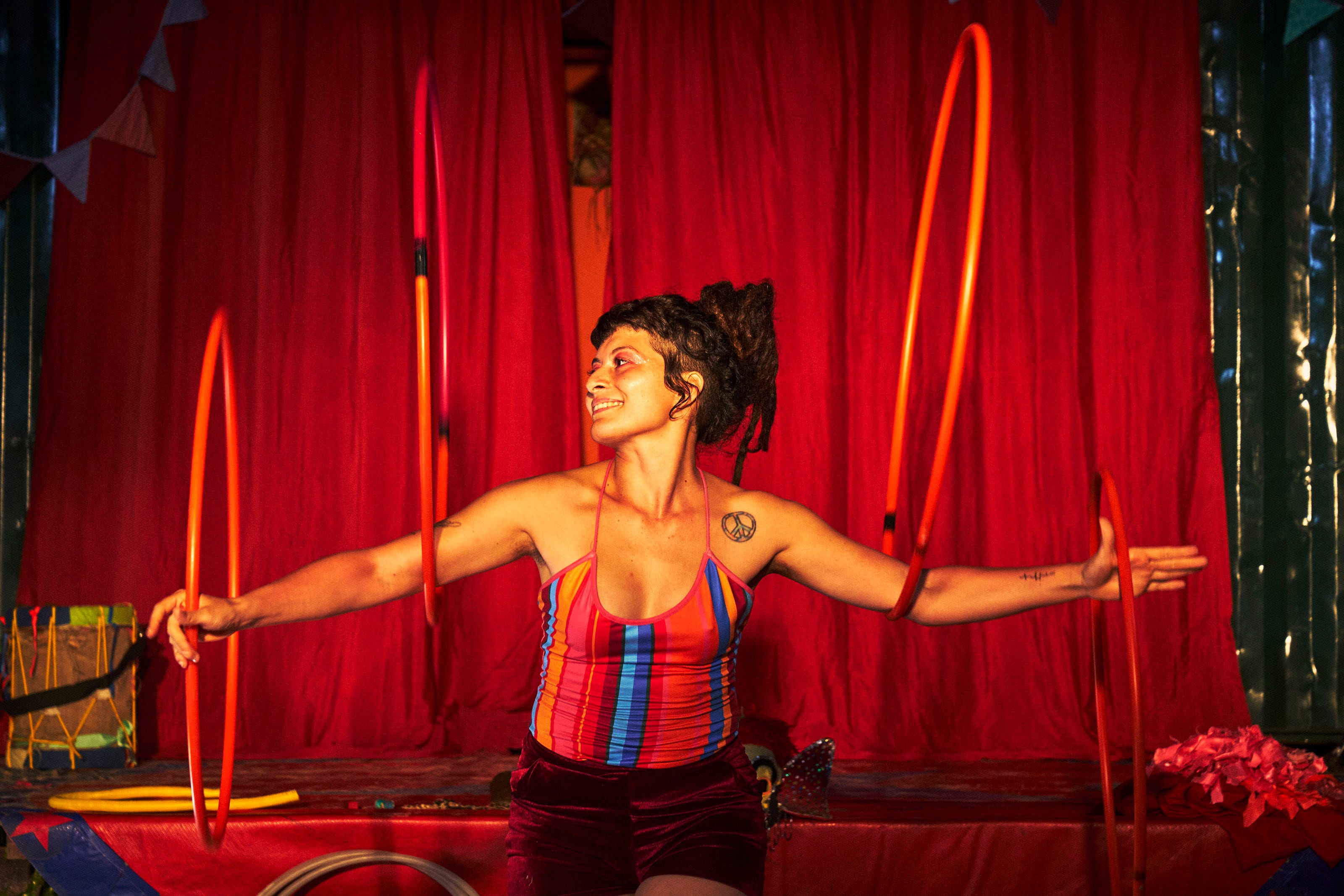
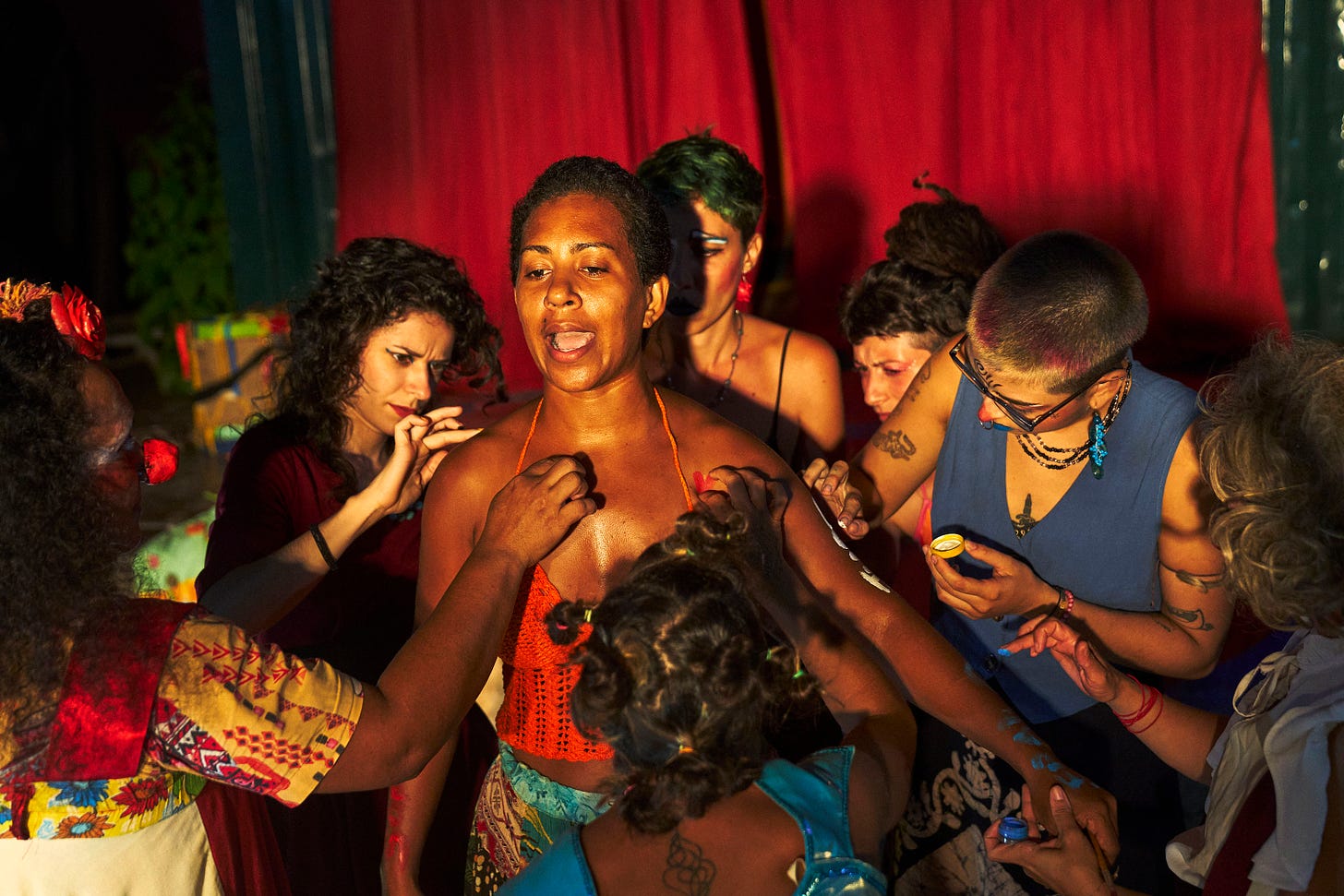
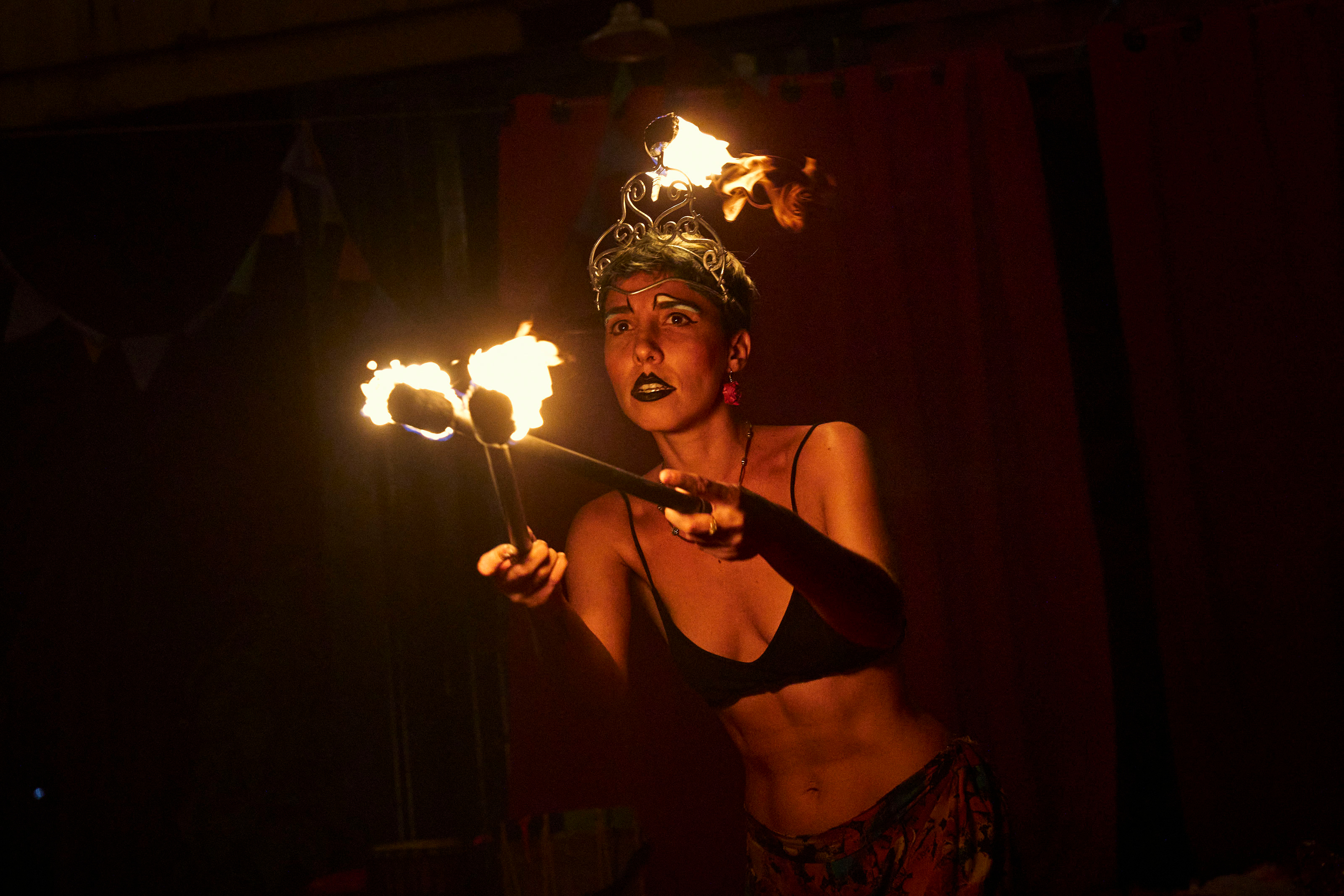
Man, there is something so charming to your photos…!
Good pictures, even better text. I'm in love with your Substack.